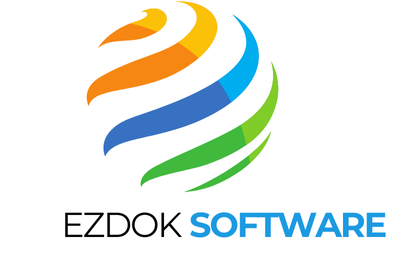In today’s fast-paced and interconnected world, efficient distribution is essential for businesses across industries. From managing inventory to ensuring timely deliveries, the complexities of supply chains require robust solutions. Distribution software has become a cornerstone for businesses aiming to streamline logistics, reduce costs, and enhance customer satisfaction. This article shows how distribution software simplifies supply chain management and boosts operational efficiency for companies of all sizes.
Enhancing supply chain visibility and inventory management
Distribution software provides businesses with real-time visibility into their supply chains, enabling them to track goods at every stage of the process. You can click on https://mobilepunch.com/en/services/dynamic-distribution-dispatch/ for more details. This visibility is important for identifying bottlenecks, anticipating disruptions, and making informed decisions to keep operations running smoothly. For example, businesses can monitor shipments in transit, ensuring that customers receive their orders on time.
Topic to read : How Are UK Startups Using AI to Innovate in the Food Delivery Sector?
Another critical feature of distribution software is its ability to manage inventory efficiently. Businesses can track stock levels in real time, reducing the risk of overstocking or stockouts. Advanced analytics within the software can forecast demand patterns, enabling companies to adjust their inventory accordingly. This optimization not only saves costs but also ensures that customer needs are consistently met. For industries such as retail, manufacturing, or e-commerce, effective inventory management through distribution software is a game-changer.
Automating processes for greater efficiency
Automation is a core benefit of distribution software, allowing businesses to streamline repetitive and time-consuming tasks. For instance, order processing, invoicing, and shipment scheduling can be automated, significantly reducing manual errors and freeing up resources for more strategic activities. This level of efficiency is especially beneficial for large-scale operations, where managing hundreds or thousands of orders daily can be overwhelming without the right tools.
Also to read : What Innovations Are Emerging in AI for UK Renewable Energy Forecasting?
Additionally, automation extends to warehouse management. Distribution software integrates with warehouse systems to optimize storage layouts, track item locations, and facilitate faster order picking and packing. Automated workflows improve accuracy and speed, which translates into faster delivery times and higher customer satisfaction. By reducing reliance on manual processes, businesses can allocate their workforce more effectively and scale operations without compromising quality.
Supporting data-driven decision making
Distribution software equips businesses with powerful analytics and reporting tools to make data-driven decisions. By analyzing metrics such as delivery times, order accuracy, and transportation costs, companies can identify areas for improvement and implement strategies to enhance performance. For example, insights from the software can help optimize delivery routes, reducing fuel costs and environmental impact.
In summary, distribution software is a vital tool for modern businesses seeking to improve supply chain efficiency, automate operations, and make data-driven decisions. By enhancing visibility, streamlining processes, and optimizing inventory, this technology empowers companies to deliver exceptional service while reducing operational costs. As the demands of global markets continue to grow, investing in robust distribution software is no longer a luxury but a necessity. Businesses that leverage these tools effectively will be well-equipped to navigate the complexities of today’s logistics landscape and drive long-term success











